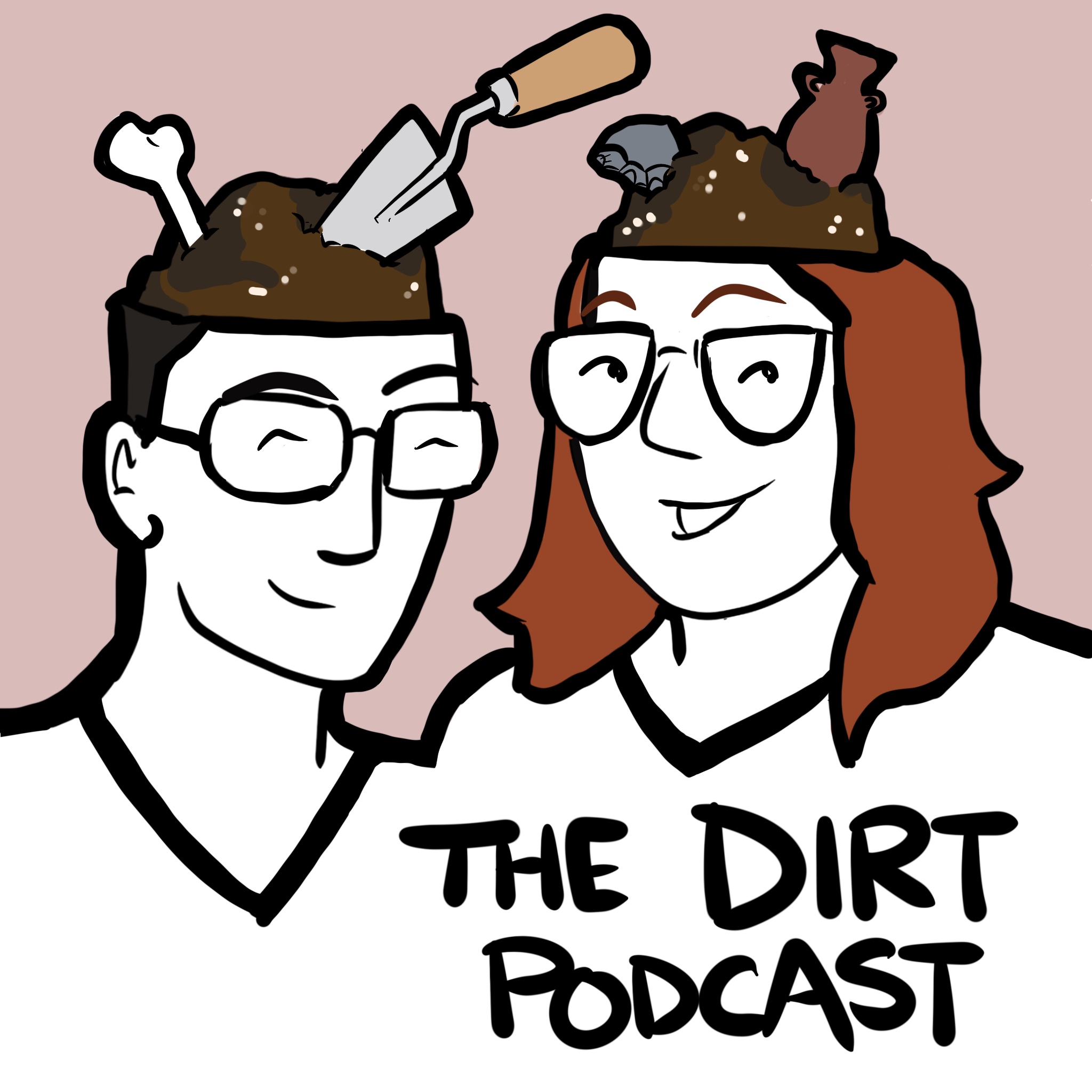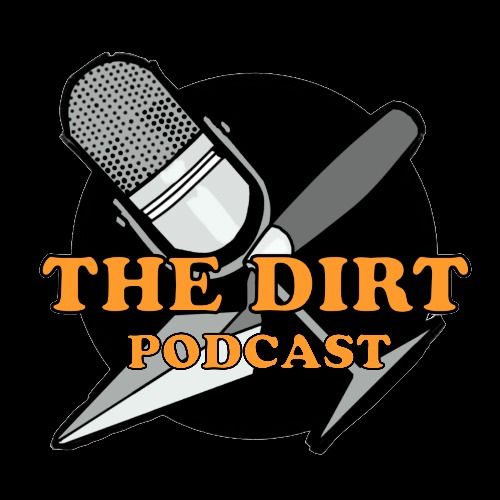Episode 17
Forensic Anthropology with Dr. Jonathan Bethard
We talk to REAL LIVE FORENSIC ANTHROPOLOGIST Dr. Jon Bethard (University of South Florida) about his career path from bassoons to bioarchaeology, the many duties of a coroner, life in Transylvanian villages, vampires (maybe), and his important work helping to identify victims of political conflicts and natural disasters all over the world.
Learn more about Dr. Bethard and his work at:
University of South Florida Faculty Profile
The Bioarchaeology of Inka Resettlement Practices: Insight from Biological Distance Analysis
Dr. Jonathan Bethard on ResearchGate
Abstract for paper, “Marginalized Motherhood: Infant Burial in 17th Century Transylvania”

